Elena Fernandez
A few months ago I was lucky enough to be invited as a speaker to the University of Washington Public Health School to talk about The Yummy Bull project. My mini talk was part of another conference, Marketing the Mediterranean Diet, presented by Ana María Gómez Bravo, a UW teacher specialized in historical aspects of cooking.
This travel to the past was quite interesting, and a path full of discoveries for the audience.
In fact, until the 16th century, European diet was a lot more similar among the different countries than it is today. However, drastic changes in the English diet as a result of new parceling of the land in the form of enclosures, a loss of access to farming and gardening in cities during the Industrial Revolution and a negative view of food and pleasure as a result of new Protestant views, created a culinary barrier between the North and the South of Europe that It´s being smoothed in the last decades.
The most interesting carachteristic of Mediterranean Diet is that its origin comes from a crossroads of cultures including citrus and rice from Asia brought by Muslim traders and tomatoes, chilies and potatoes from the New World.
Another key factor is that Mediterranean meals are made to enjoy food, better if It´s in great company as this pyramid shows:
Ironically the Mediterranean Diet was the diet of the poor, who couldn´t afford buying read meat and sugar, a pricy spice in that time. Today challenges are totally different, In fact red meat consumption is so common, much more that It should be in a healthy way. Today processed foods and loss of quality to make food more profitable are the challegenes to face. Food should be healthy, tasty and minimally processed whenever possible.
The pillars of Mediterranean Diet
- Food should be free of harmful contaminants.
- Methods of food preparation should be simple and practical. You should not have to be a gourmet chef to prepare a healthy and delicious meal.
- Sources of food should be sustainable. This includes consideration of the environmental consequences of food choices including energy use, water use, waste production, soil conservation and preservation of open space.
- Traditional food flavors and food ways and diversity of ingredients are a part of our cultural heritage and should be preserved in that way.
- A shared meal, with consciously chosen food, in the company of friends or family, is one of the foundations of civilization and one of life’s greatest pleasures.
Apart from the pillars from the Mediterranean Diet that Dr. Bravo explained I would like to add some false myths that we want to “erase” through our Yummy Bull project.
- Extra Virgin Olive oil is a luxurious product.
- You can´t cook with Olive Oil, only toss your salad
- Wine is unaffordable. Young people don´t drink wine.
- Wine will make you gain weight.
- Mediterranean traditional plates are long/ difficult to prepare
- Cooking from scratch is more expensive than visiting the Frozen products aisle.
- Eating fish and seafood is expensive and boring


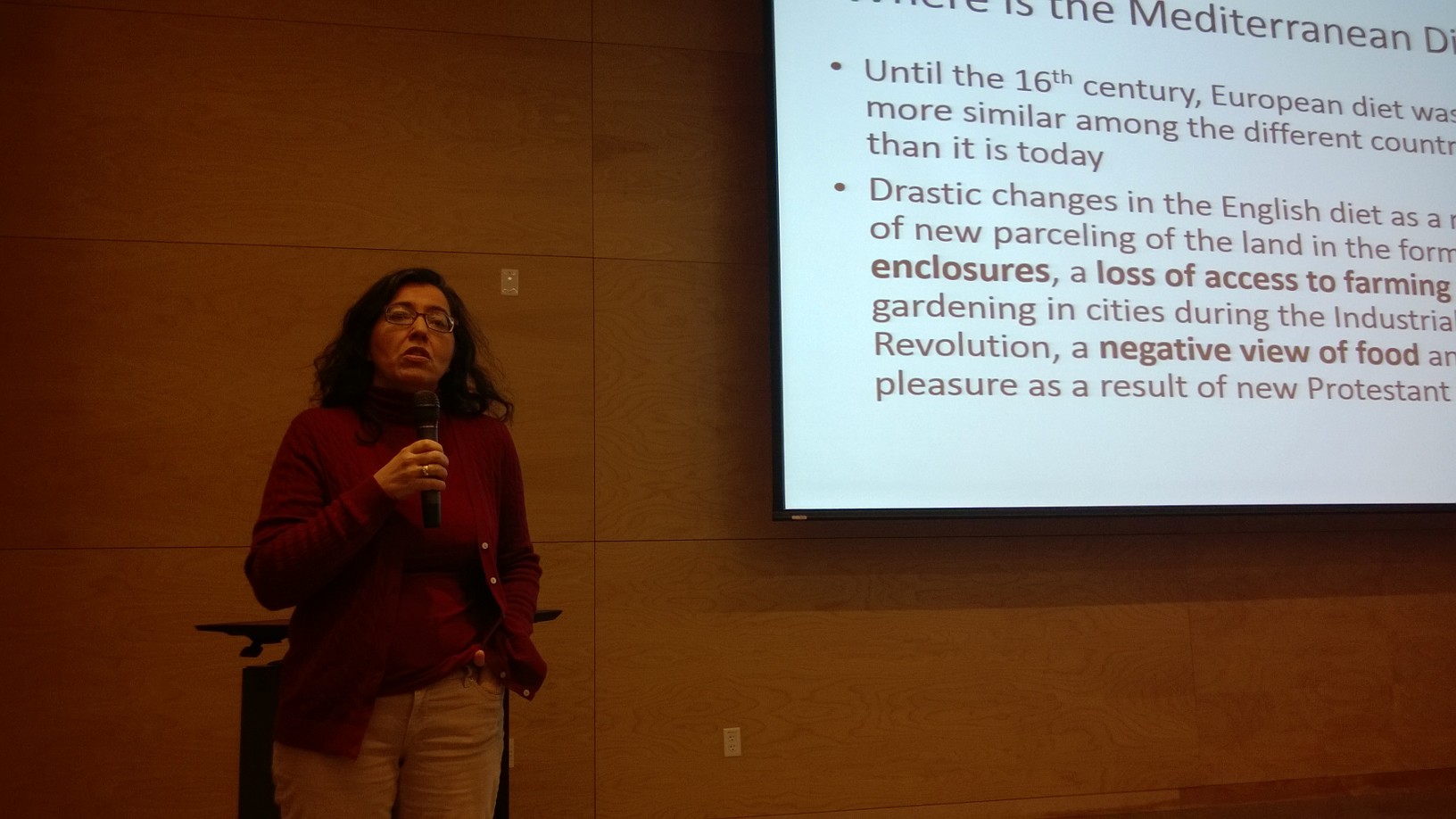
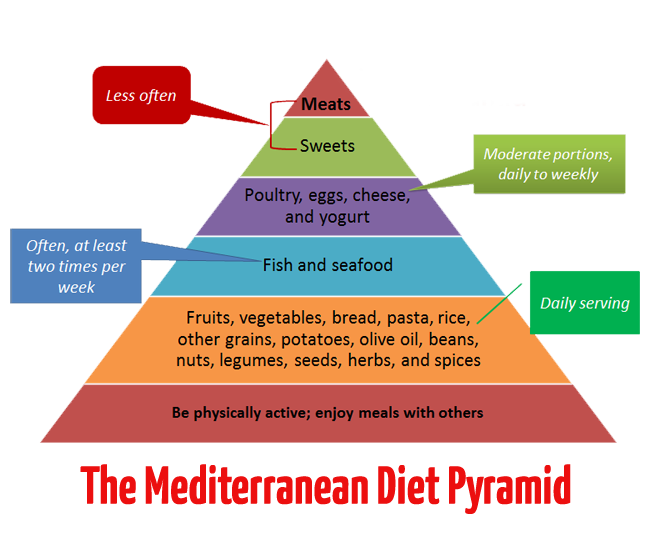
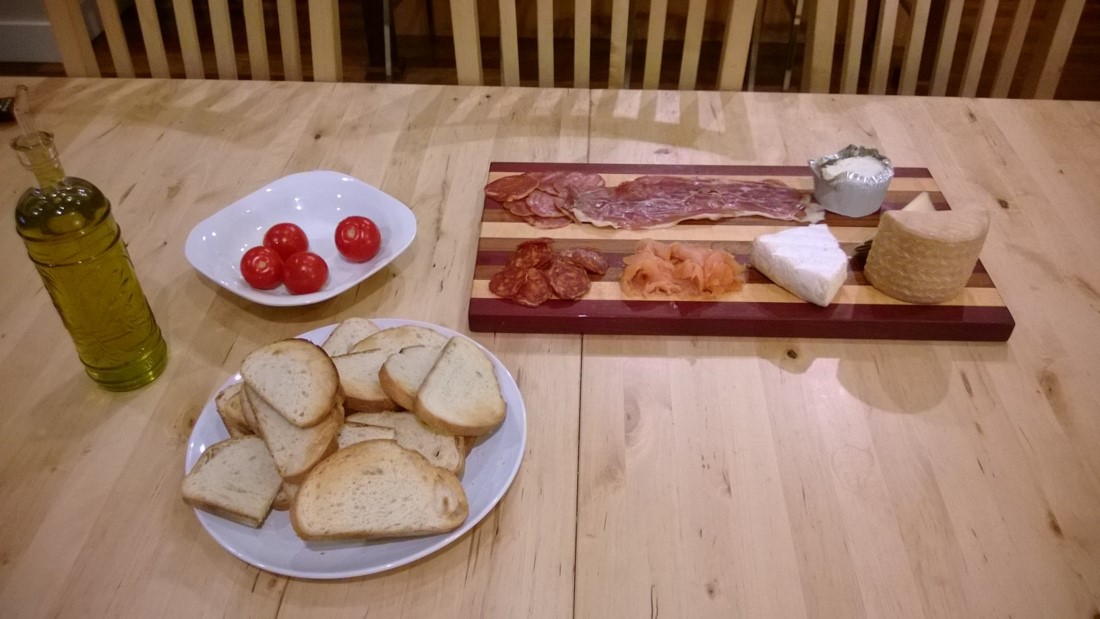
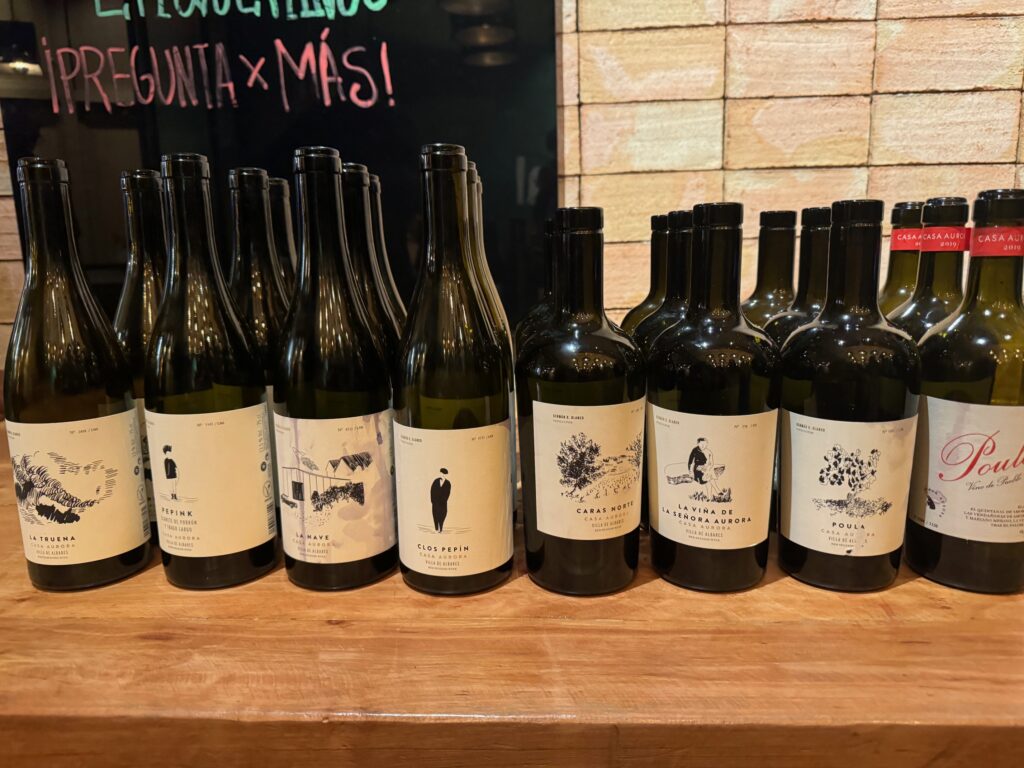

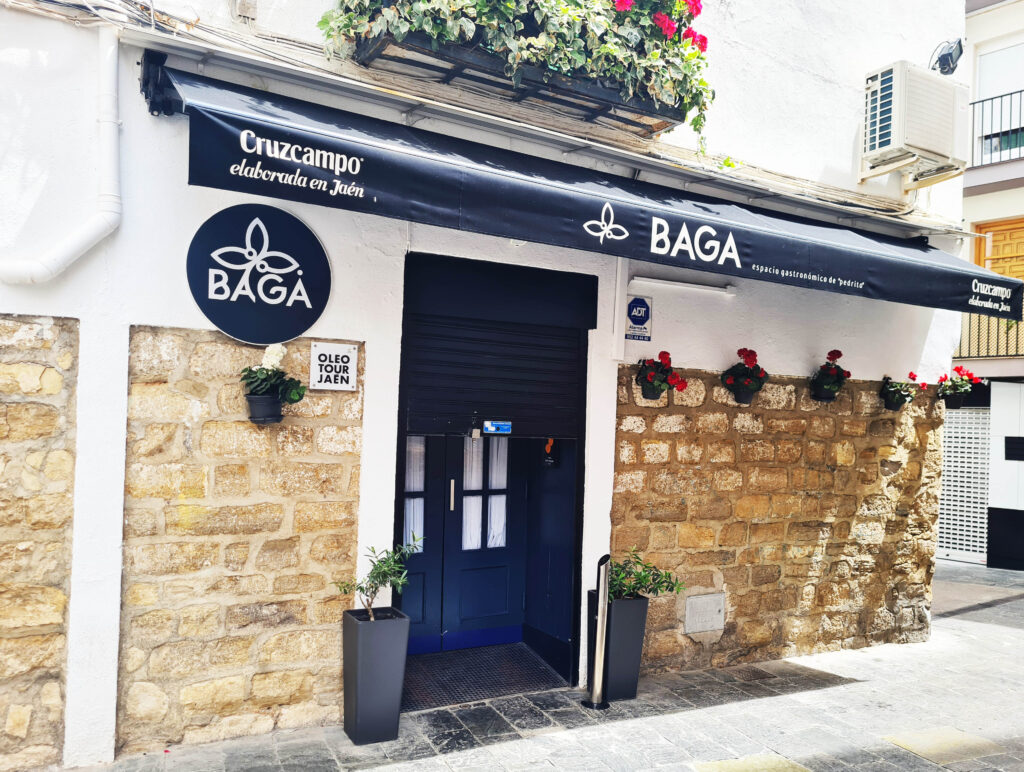
Awesome and great post by the way!